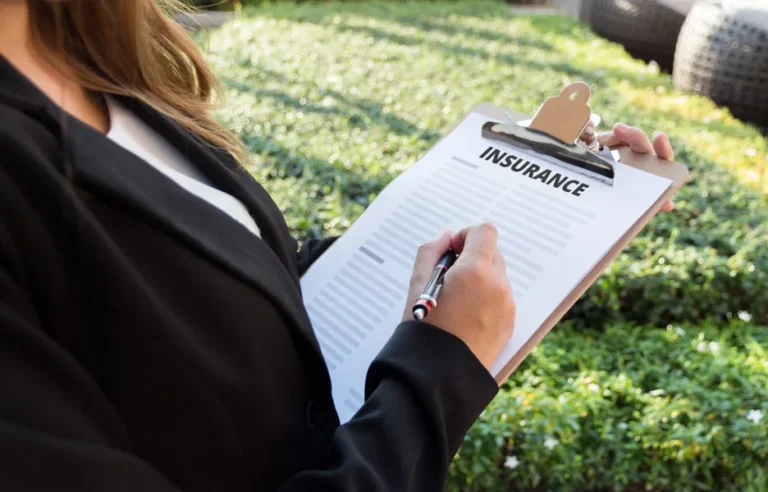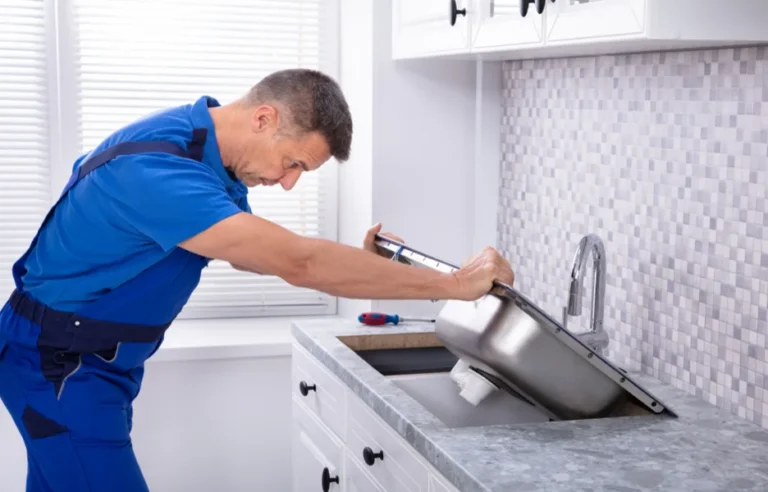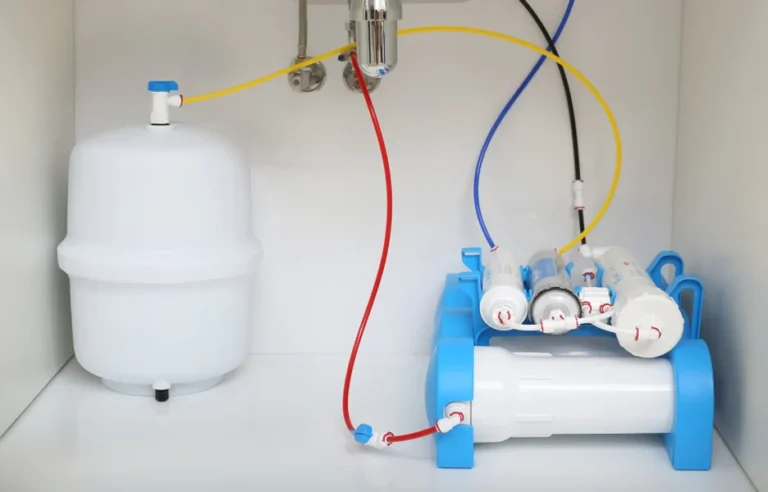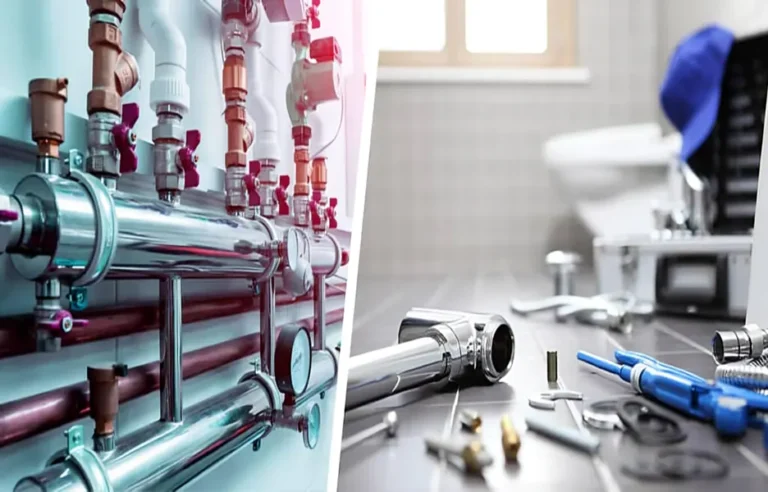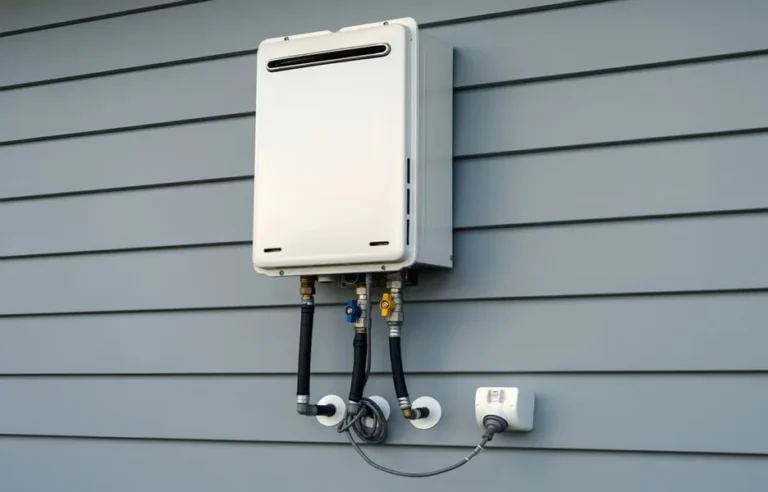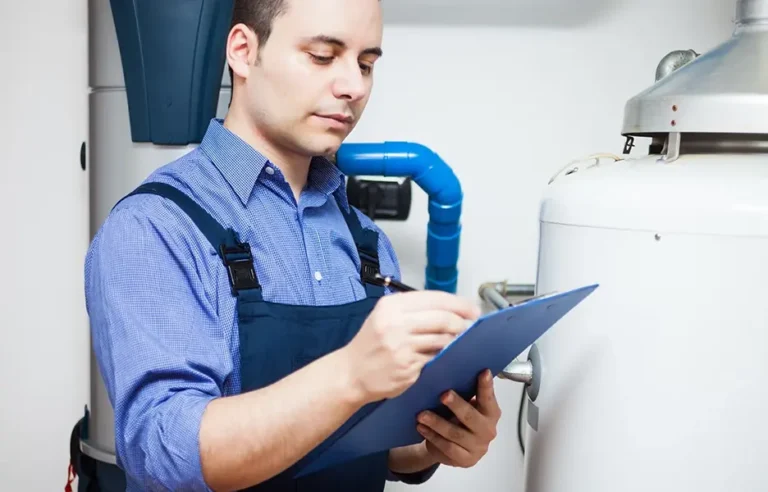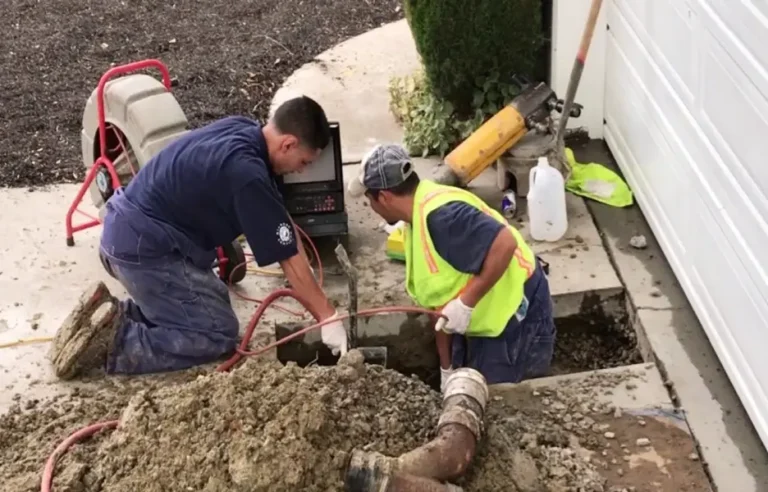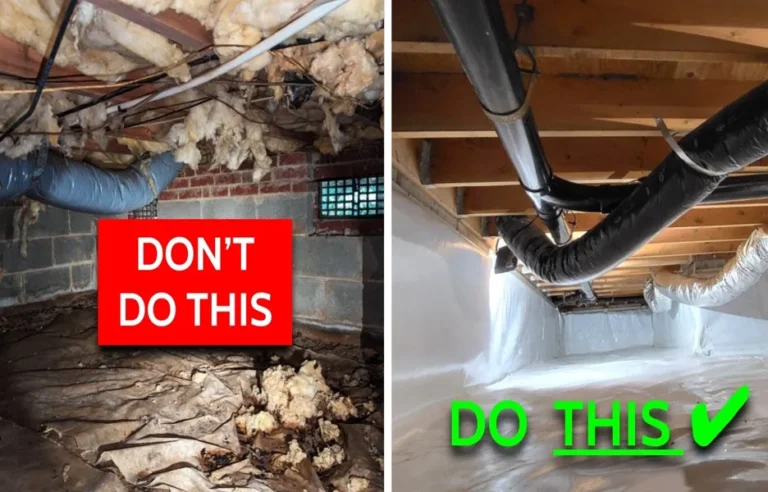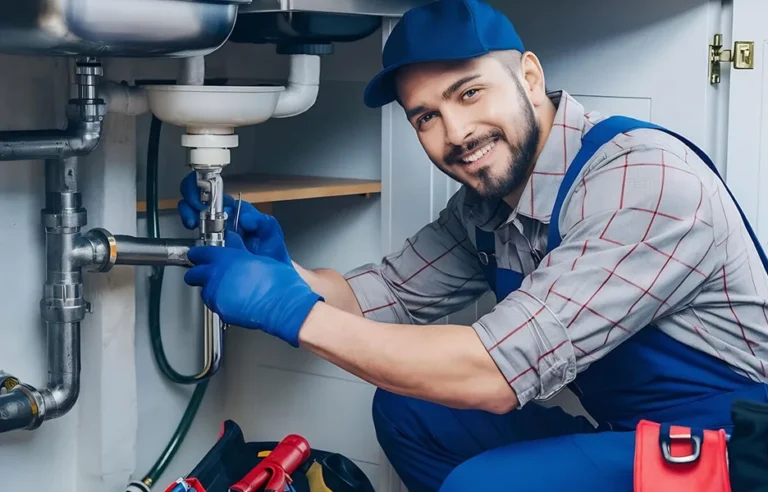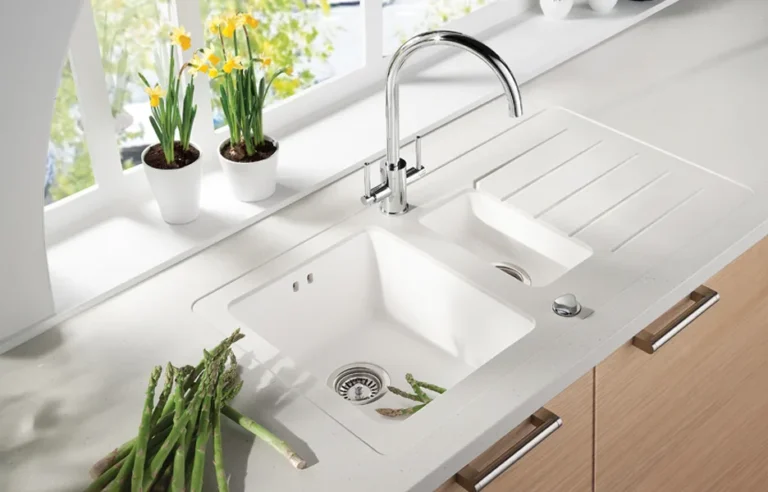Even though Arizona winters are relatively mild compared to northern states, the occasional cold snap can still threaten your home’s plumbing. Nighttime temperatures in Phoenix, Scottsdale, Tempe, and surrounding areas can drop low enough to freeze exposed water pipes. When pipes freeze, the water inside expands, which can lead to cracks, leaks, or even bursts. This can cause serious water damage, disrupt your household routine, and lead to costly repairs.
Proper pipe insulation is one of the easiest and most effective ways to protect your plumbing system during the colder months. In this article, we’ll discuss the best insulation methods, winter preparation tips, and steps you can take to prevent emergency plumbing situations.
Why Pipe Insulation Is Important in Arizona
Even mild cold temperatures can impact exposed pipes, especially in areas of the home like garages, crawl spaces, attics, and exterior walls. The main risks include:
- Burst or cracked pipes: When water freezes, it expands, creating pressure that may cause pipes to burst.
- Water damage: Leaks can ruin walls, floors, ceilings, and personal belongings.
- Disruption of daily life: Frozen pipes may prevent you from taking showers, washing dishes, or using appliances.
- Increased repair costs: Emergency plumbing repairs are often more expensive than preventive insulation.
In addition to protection, pipe insulation helps maintain water temperature, reducing energy loss in hot water pipes and improving efficiency for water heaters.
Types of Pipe Insulation
Selecting the right insulation material is key to effectively protecting your pipes. Here are some of the most common and effective options:
1. Foam Pipe Sleeves
Foam sleeves are one of the most popular and cost-effective solutions. They are easy to install, flexible, and provide good insulation for both hot and cold water pipes. Foam sleeves come in various diameters to fit standard pipes and can be cut to length without special tools.
They are ideal for indoor pipes located in basements, utility rooms, or attics. Some foam sleeves come pre-slit, making DIY installation faster and easier.
2. Rubber or Flexible Foam Tubing
Rubber or flexible foam insulation tubes are durable and resistant to moisture. They provide excellent protection for pipes in exposed areas, such as garages, outdoor faucets, or areas with occasional freezing.
Unlike simple foam sleeves, these materials can withstand wear and tear from minor physical impact and are less likely to tear during installation.
3. Fiberglass Pipe Wrap
Fiberglass insulation provides superior thermal protection and is particularly effective for hot water pipes. It’s ideal for pipes exposed to drafts, cold air, or vents that blow cool air across the pipe. While installation is slightly more labor-intensive, it provides long-lasting protection and is widely used in professional applications.
4. Self-Sealing or Pre-Slit Insulation
Self-sealing insulation options are designed for convenience. These pre-slit pipes wrap easily around existing plumbing and secure without tools or tape. This is particularly useful for retrofitting older homes or quickly insulating pipes before a cold snap hits.
Additional Winter Protection Tips
Proper insulation is critical, but there are several other steps homeowners can take to protect pipes during Arizona winters:
Keep Water Flowing
During unusually cold nights, leaving a faucet slightly open can prevent water from freezing. Moving water is much less likely to freeze compared to standing water in a pipe.
Seal Drafts and Gaps
Cold air entering the home through gaps, cracks, or vents can lower indoor temperatures and increase the risk of frozen pipes. Inspect areas around windows, doors, attic hatches, and foundation vents, and seal any gaps with caulk or weatherstripping.
Focus on Vulnerable Areas
Pipes located in garages, crawl spaces, attics, or along exterior walls are most susceptible to freezing. Ensure these areas are insulated thoroughly, even if they seem protected. Insulation should cover the entire length of the pipe to prevent weak spots.
Protect Outdoor Spigots and Hoses
Disconnect garden hoses, drain outdoor faucets, and install insulated faucet covers. Even brief exposure to frost can damage exterior pipes.
Monitor Water Heater and Hot Water Pipes
Insulating hot water pipes not only prevents freezing but also helps reduce heat loss, which can save energy and keep water at a consistent temperature. In Phoenix, homes with tank water heaters or tankless units benefit from wrapping hot water lines, especially in unconditioned spaces.
Professional Inspection and Installation
While many homeowners can install insulation themselves, professional plumbing services ensure complete protection. APS Plumbing offers:
- Winter pipe insulation installation for both residential and commercial properties
- Inspection of vulnerable pipes and areas prone to freezing
- Emergency plumbing services if a pipe is already compromised
Professional installation guarantees coverage in hard-to-reach or high-risk areas, and ensures long-term protection for your plumbing system.
Benefits of Proper Pipe Insulation
Investing in quality pipe insulation provides multiple benefits:
- Prevent frozen or burst pipes – Avoid water damage and expensive repairs
- Maintain water temperature – Reduce heat loss in hot water pipes
- Energy efficiency – Save on utility costs by retaining heat
- Peace of mind – Sleep comfortably knowing your plumbing is protected
- Extend pipe lifespan – Reduce wear from thermal stress and corrosion
DIY vs. Professional Installation
DIY installation is possible for foam sleeves or pre-slit insulation, but professional services provide:
- Assessment of all high-risk areas, including crawl spaces, attics, and exterior walls
- Proper insulation for complex plumbing systems
- Compliance with local building codes and safety standards
- Peace of mind that your system is fully protected
Even in Arizona, where freezing is infrequent, professional evaluation ensures your home is ready for unexpected cold snaps.
Conclusion
Even mild Arizona winters can pose risks to exposed or vulnerable pipes. Installing proper pipe insulation is a cost-effective way to protect your home, reduce energy loss, and prevent emergency plumbing issues. By combining insulation with preventive measures—such as sealing drafts, monitoring outdoor faucets, and maintaining hot water pipes—you can safeguard your plumbing system throughout the winter months.
📞 Need help protecting your pipes this winter? Contact APS Plumbing for professional insulation, inspection, and emergency plumbing services in Phoenix, Scottsdale, Tempe, and surrounding areas: Schedule a Free Consultation


